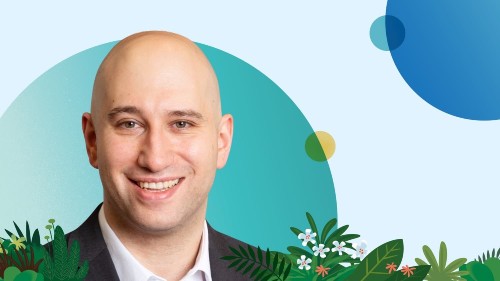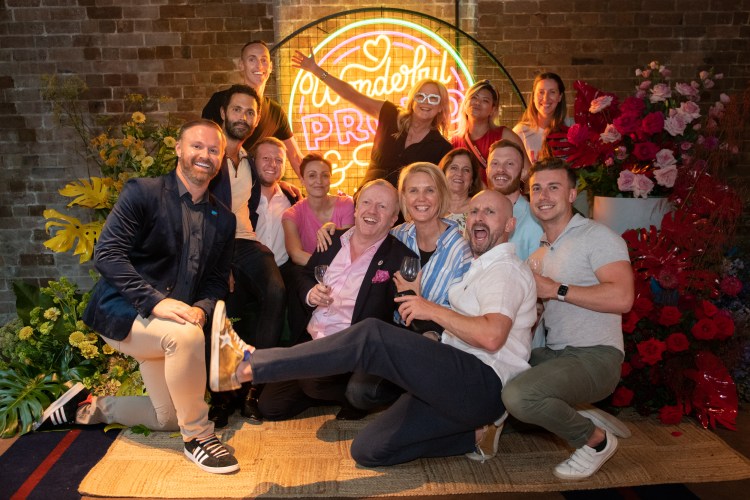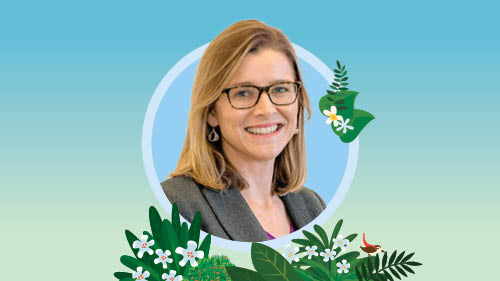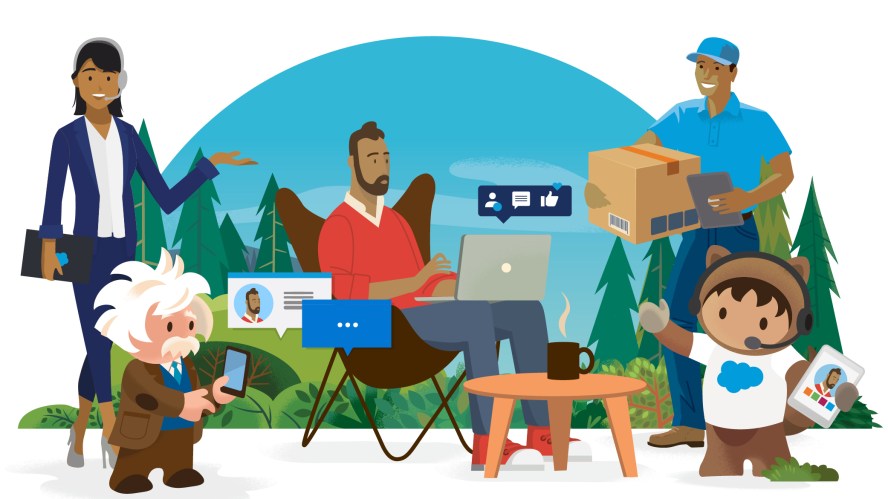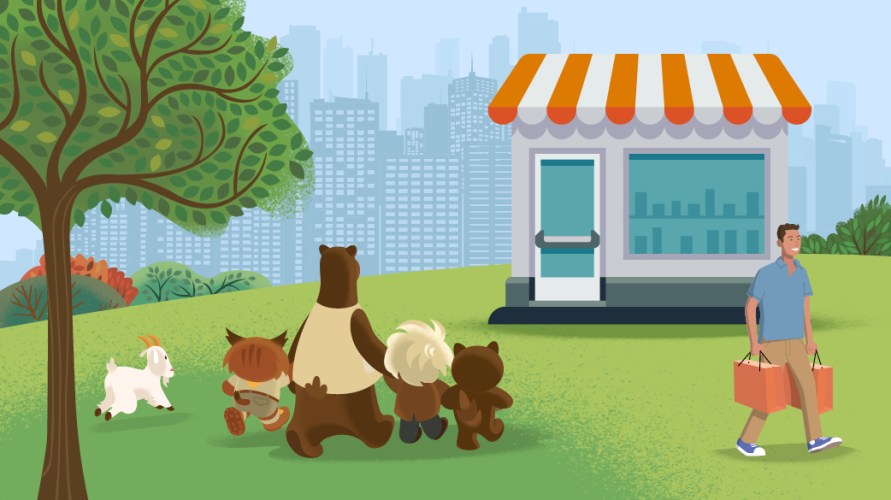Founded in New Zealand in 1934, Fisher & Paykel retails household appliances in more than 30 countries. In addition, the company has a large network of customers, including builders, designers, retail partners and, of course, consumers.
As part of Salesforce’s latest episode of Leading Through Change, Rudi Khoury, Executive Vice President of Marketing and Customer Experience at Fisher & Paykel, walks us through their COVID-19 global response, and how they use technology to keep their remote teams at work and their customers at the centre of marketing, sales, and service. This week’s video conversation episode also features special guests Jennifer Aaker and Naomi Bagdonas, authors of Humor, Seriously: Why Humor Is a Secret Weapon in Business and Life (And how anyone can harness it. Even you.) who explain the importance of joy at work and the science of humour for better health and personal well-being.
If you’ve watched Rudi Khoury in this episode of Leading Through Change, or even if you haven’t, here are some ideas from the episode and how they use Salesforce for success.
Top three takeaways from this episode of Leading Through Change
1. Consumers are investing in home improvements
People are really focused on their home right now because that’s where they’re spending a lot of time. Think about how important appliances are to your life at the moment; preserving your food as long as possible and being able to keep your clothes in your house clean. They’re making decisions and investment decisions around being comfortable.
While Australians and New Zealanders are fortunate to be living relatively normal lives, many other countries are not sure how long they will be in lockdown. Khoury feels there’s still a lot of unknown hanging over our heads, and that people will continue to focus more on making themselves comfortable at home.
2. Field service is facing new challenges
Though the Fisher & Paykel field service team has always been remote, their service team faces new risks. Khoury reports they’ve been very concerned with making sure their team is safe, and still able to help customers in their homes.
With so many people who support those working in the field – the global business-to-business (B2B) and business-to-consumer (B2C) support teams and contact centres – they’ve always had people working remotely in Dunedin, New Zealand or Oakland, California, but not at this current scale, and not on such short notice. Fisher & Paykel has done a lot of work digitising their customer service tools.
3. Better employee experience translates to a better customer experience
Khoury believes that a strong employee experience translates into a stronger customer experience as well. Getting that right is everything. For example, by automating workforce management across channels, skills, and teams, your productivity and customer service quality can improve, creating better experiences for both your customers and service agents. The result? A heightened sense of loyalty from customers and employees through the delivery of exceptional customer experiences. That level of commitment is what the company is trying to achieve.
